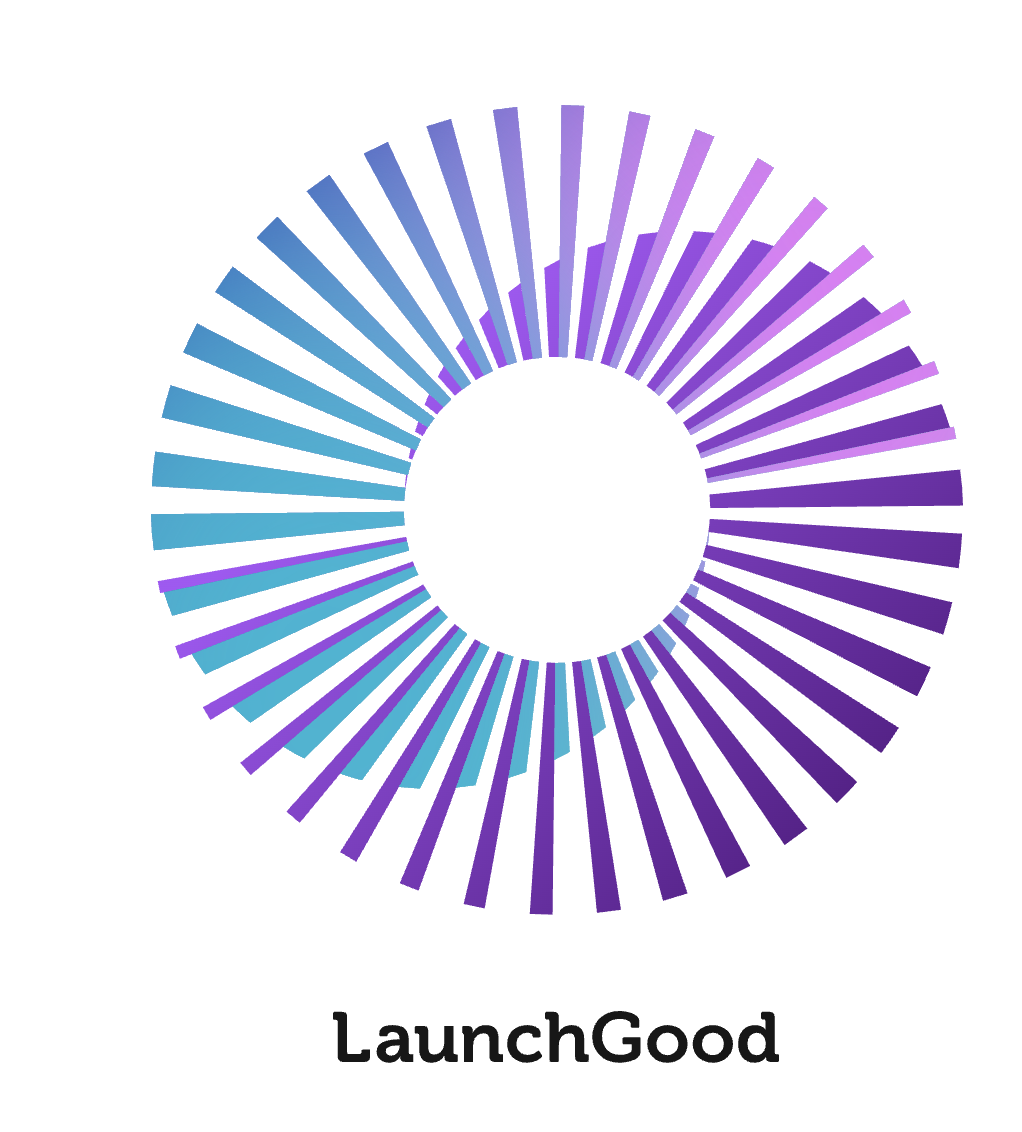Non-fungible tokens (NFTs) are a digital asset that represent real-world objects like art, valuables and videos. NFTs reside on a blockchain.
Is an NFT the same as Crypto?
NFTs are not the same as cryptocurrencies. The distinction is important to understand before we discuss how to calculate Zakat on NFTs.
Fungible means "able to replace or be replaced by another identical item; mutually interchangeable." Physical money, commodities and cryptocurrencies are fungible. In other words, they can be traded or exchanged for one another. A bar of gold is interchangeable for another bar of gold of equal value. A dollar bill is interchangeable for another dollar bill of equal value.
NFTs are non-fungible; this means that each digital asset is unique in and of itself. While the underlying blockchain technology that runs an NFT is the same as a cryptocurrency, the fundamental difference between an NFT and a cryptocurrency is that NFTs are non-fungible, unique assets whereas cryptocurrencies are fungible like money and commodities.
This means we cannot value NFTs as money, unlike cryptocurrencies.
When is Zakat due on an asset?
Zakat is exclusively due on four categories of assets:
- Cash, gold and silver
- Trade assets
- Cattle
- Crop yield
While there is a healthy difference of opinion of what is included within the four aforementioned categories, by consensus of the scholars, all other categories of assets are exempt from Zakat.
If a new product is analogous to one of the four aforementioned categories, then and only then will Zakat be due on it.
What is an NFT analogous to?
As we established earlier, NFTs are not like cryptocurrencies. Thus unlike crypto, we cannot include them in the category of "Cash, gold and silver." NFTs are clearly not analogous to cattle or crop yield.
NFTs may be analogous to trade assets, depending on the owner's intention. If the owner's intention is to hold an NFT purely as a collectible item, then there is no Zakat due on it. If the owner's intention is to buy an NFT for reselling it to make a profit, then Zakat will be due on 2.5% of the value of the NFT at the end of the lunar year.
.




